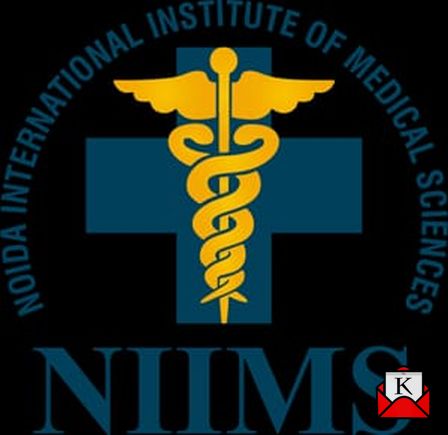Important Medical Ethics Students Should Know About


Healthcare professionals’ beliefs and practices are greatly influenced by medical ethics. It is essential for students interested in pursuing a career in medicine to comprehend and uphold ethical principles. The following are essential components of medical ethics with which all students should be acquainted:
1. Independence and Knowledgeable Assent:
Patients are entitled to make choices regarding their own medical treatment. Students need to understand how crucial it is to get patients’ informed consent and make sure they are fully aware of the advantages and disadvantages of any medical procedure.
2. Nondisclosure:
It is essential to respect patient confidentiality. Medical students need to know how to protect private information and recognize the rare circumstances in which it might be required to be disclosed.
3. Non-maleficence and Beneficence:
A fundamental ethical precept is balancing the pursuit of benefit from harm with the avoidance of it. Pupils should minimize hazards while placing a high priority on the health of their patients.
4. Fairness in Medical Care:
It’s critical to guarantee equitable access to healthcare resources and to prevent discrimination. The ethical ramifications of resource allocation and unequal access to healthcare must be understood by students.
5. Boundaries in the Workplace:
It’s critical to comprehend the boundaries that exist between patients and healthcare providers. Keeping a relationship that is morally and professionally appropriate benefits patients’ trust and well-being.
6. Honesty and Truthfulness:
Honest communication with patients promotes trust. Students ought to understand the value of honesty even in trying circumstances.
7. Care at the End of Life:
Making decisions regarding end-of-life care demands empathy. Pupils need to understand the moral implications of decisions like advance care planning and treatment withholding or withdrawal.
8. Cultural Competence:
It’s critical to acknowledge and honor the various cultural practices and beliefs that exist. The influence of cultural factors on healthcare decision-making should be understood by students.
9. Research Ethics:
Medical students participating in studies must have a thorough understanding of the ethical conduct of research. This entails getting consent with full knowledge of the risks involved, keeping research findings valid, and so forth.
10. Global Health Ethics:
Students should be aware of the moral dilemmas that arise when tackling infectious diseases, health inequalities, and humanitarian crises across the globe because healthcare is a global issue.
“The moral compass that directs healthcare workers is medical ethics. It highlights the sacred trust that exists between patients and caregivers and demands confidentiality, compassion, and integrity. Students need to understand the concept of beneficence, which puts the health of the patients first. Respecting patients’ rights to make educated decisions about their health is emphasized by autonomy. Non-maleficence urges careful attention and caution against doing harm. Justice promotes equitable distribution of resources and medical care. When negotiating the complex terrain of medical ethics, compassion is essential. Recall that moral decisions shape the foundation of dignity, respect, and trust that characterizes healthcare professionals. Maintaining these principles guarantees a moral, patient-focused medical practice” said Dr. Ranjana Singh.
About the author- Dr. Ranjana Singh, MBBS, MD, Prof & HOD, NIIMS Hospital
